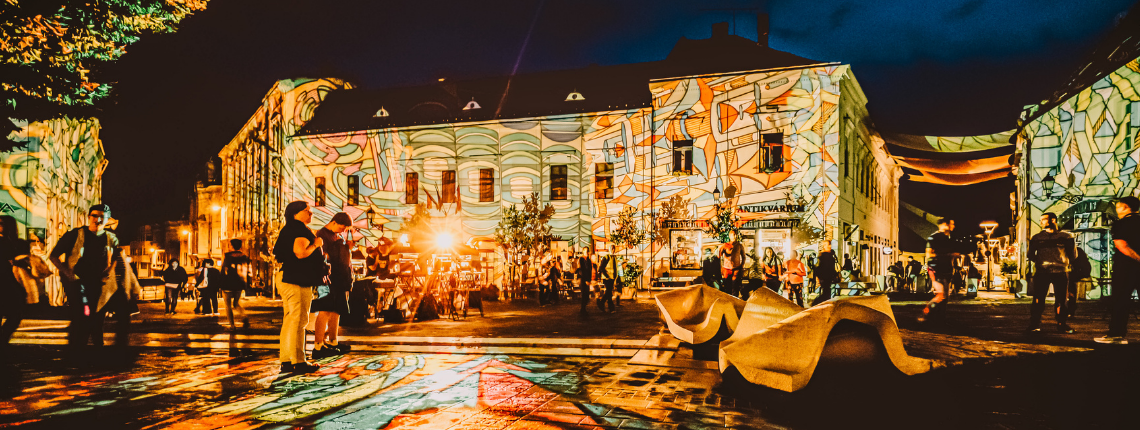Pécs is the fifth largest city in Hungary. It is also the administrative, economic, financial, educational, research, ecclesiastical, and cultural centre of the Southern Transdanubia Region with culturally, socially, and linguistically diverse people. To develop sustainable economy, the City seeks to preserve and expand its inherited and acquired values and achievements. Companies and businesses can thrive in Pécs because it is an easily accessible city, it provides high quality education at all levels, it has a lively cultural scene, public utilities are installed across the city, there are many local businesses that can function as suppliers, and the University of Pécs, the local Chamber of Industry, and the local government are open to collaborating with potential investors.
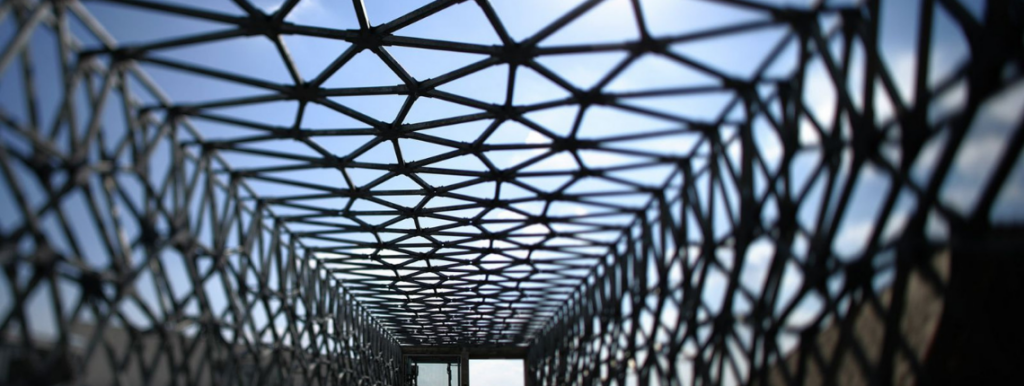
A historical and cultural city
With its history of 2000 years, Mediterranean culture, and excellent wines, Pécs has been the home of many world-famous artists such as Impressionist, Bauhaus, and op-art artists. The Lonely Cedar by Tivadar Csontváry Kosztka, the hypnotising artwork called Zebras by Victor Vasarely, the Bauhaus chair designed by Marcell Breuer, and the porcelain master pieces of the Zsolnay family were inspired by the cultural scene of Pécs.
Since the turn of the millennium, the fields of knowledge, healthcare, and culture have become more and more pivotal in the city’s economic development. Pécs represented Hungary in the world in 2010 by becoming a European Cultural Capital (ECC) owing to its many historical and cultural values, for example, the Dome and the Early Christian Cemetery that has been a world heritage site since 2000. For this reason, major investments were made in Pécs – the most notable ones include the construction of Kodály Music Hall, Southern Transdanubia Regional Library and Centre for Learning, Múzeumok utcája (Street of Museums), and Zsolnay Cultural Quarter.
Zsolnay Cultural Quarter is the largest cultural building complex in East-Central Europe. Located at the site of the former Zsolnay Factory, it is home to Bóbita Puppet Theatre, Janus University Theatre, permanent exhibitions featuring contemporary arts and the glorious past of the factory including the Gyugyi Collection, the Pink Zsolnay Exhibition, and the Family and Factory History Exhibition, as well as a digital planetarium, the Lab-Interactive House of Playful Science, the Large Exhibition Hall, two concert halls, and a library. In addition to these cultural facilities, restaurants, cafés, souvenir shops, playgrounds, and walkways make the cultural and historical scene of the Quarter more colourful and enjoyable.
The Croat Theatre of Pécs is the only professional Croat minority theatre in Hungary. Pécs ZOO in Mecsek Mountains has been the most significant zoological institution in the region since 1960.
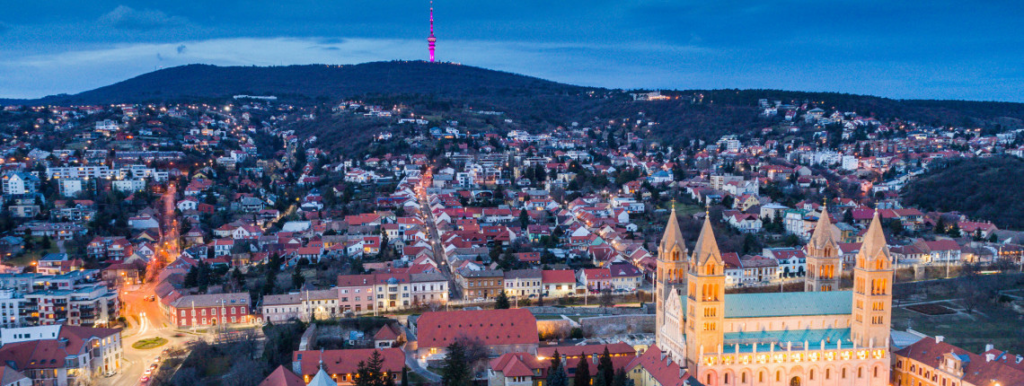
The city of festivals
Pécs hosts annual festivals centring around light show, pop and classical music, minority culture, cultural heritage, theatre and puppet theatre, choral singing, wine and grape culture, and gastronomy.
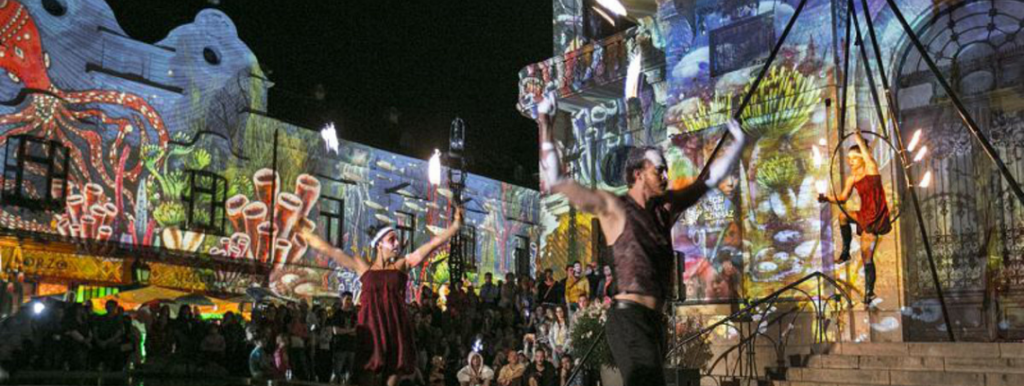
Natural treasures
Pécs and its vicinity are abundant in natural treasures. A unique geological formation resulting in the cave system known as Tettye Tufa Cave, Pintér-Garden Arboretum, Melegmány-Valley Nature Reserve, Jakab Mountain Nature Reserve preserving the geological, cultural, and historical values of West Mecsek, Duna-Drava National Park, the Botanic Garden that has become a nature reserve in the county, and Pro Silva educational trail are all in or in the vicinity of Pécs. The picturesque environment of Pécs Lake (along with three other lakes in Orfű) is an excellent place for sporting, recreational, and eco-touristic activities. The medieval castle tours, the thermal baths, and the agritourism of the Villány-Siklós Wine Route provide memorable recreational experiences to tourists and locals alike.
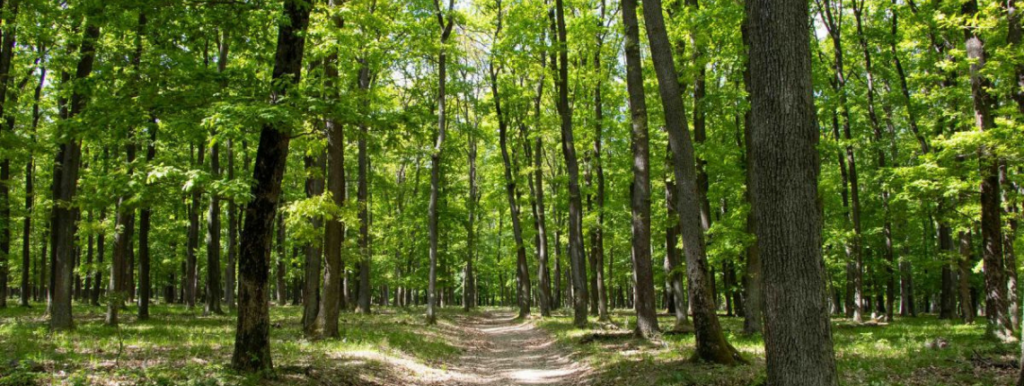
The liveable city
Pécs has earned the reputation of being a liveable city. Life in Pécs is harmonious due to its Mediterranean climate, the highest number of sunny days in the country, the green natural border of Mecsek Mountain, the bustling cultural and community life, and peaceful family life. The values of Pécs appeal to the young generations who may appreciate these values more than their ancestors.
Pécs was third placed in 2007, and was second placed in 2008, in the international competition of “liveable communities” (LivCom Awards) in the population category of 75,000-200,000 people.
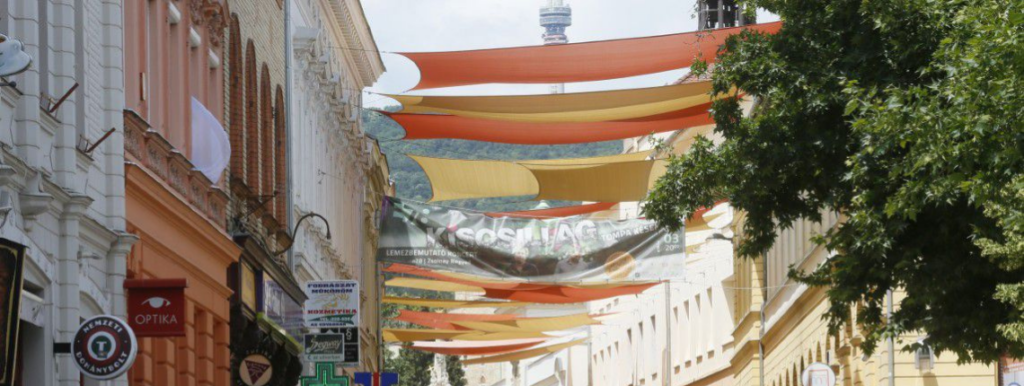
The multi-ethnic city
Preserving and nurturing cultural diversity and traditions are important values today. Pécs and Baranya County welcome and accept different ethnicities and their diverse cultural traditions. Pécs has always been a multi-ethnic city which is evidenced by the various names the city has been called throughout history: Pécs is called Pečuh in Croatian, Fünfkirchen in German, Печуј in Serbian, Peçuy in Turkish, its Latin name was Quinque Ecclesiae in the Middle Ages and Sopianae in Ancient Times. German, Croatian, and Hungarian traditions co-exist peacefully in Pécs, making social life attractive and the city liveable for everyone.
In addition to their diverse traditions, the various ethnic groups living in Baranya County have always contributed to the social and economic development of the region. Their distinct languages, work ethics, innovative mindset, international affiliations have had a positive effect on the region’s development.
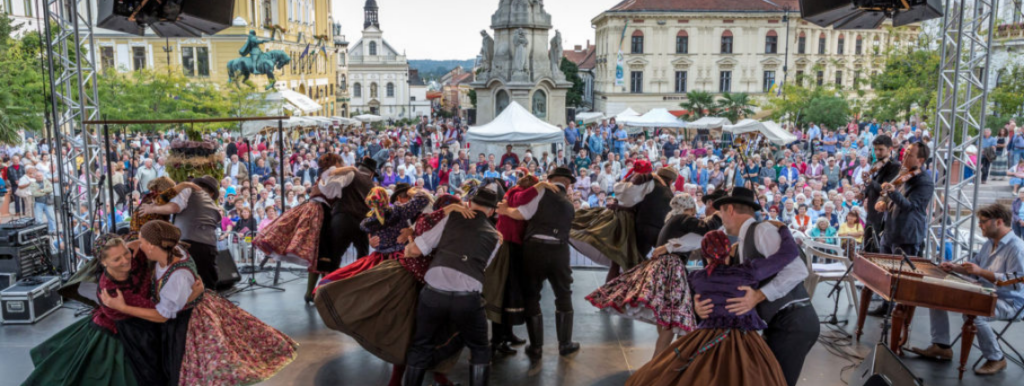
Pécs is green and smart
The future of Pécs is in the hands of future generations. If young people see Pécs as a liveable city, they will stay in or return to Pécs. For this reason, Pécs must be a liveable and sustainable city. To achieve this goal, the local government continues to introduce green and smart technological innovations that can enhance living standards and further develop the city.
The green programme of Pécs is discussed in detail under the “Green city” tab.

